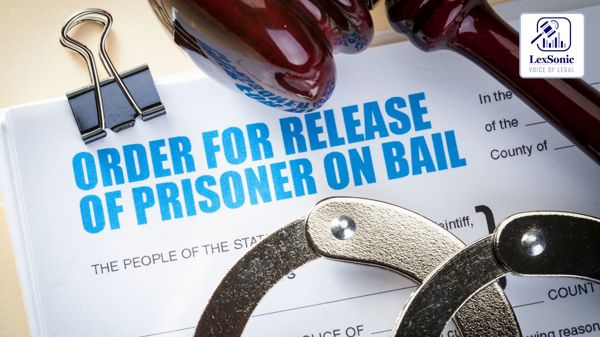Delays in Bail Bond Processing Addressed by Delhi High Court.
19 February 2024
Bail and Antcipatory Bail >> Criminal Law
Awaiting release after a court grants you bail, only to face bureaucratic delays that prolong your incarceration. This very scenario prompted a recent intervention by the Delhi High Court, underscoring the crucial need for swift compliance with bail orders. The case exposed a critical gap in the system, highlighting the impact of bureaucratic hurdles on a fundamental right – liberty.
The Delhi High Court underscored the significance of expeditious compliance with bail orders. The case involved a petitioner whose release was delayed due to the Jail Superintendent's tardiness in processing the bail bond, despite the court's order granting bail.

The court invoked the Supreme Court's established principle that "deprivation of liberty for a single day is a day too many." It then cited relevant Supreme Court guidelines mandating courts to electronically transmit bail orders to jail authorities within a day. These guidelines further require jail superintendents to inform the District Legal Services Authority (DLSA) if the accused remains incarcerated beyond seven days of the bail order's issuance.
The court acknowledged the existence of Rule 7 within the Delhi High Court Rules & Orders, which mandates the utilization of the "FASTER" system for secure and swift electronic transmission of court records, encompassing bail orders. However, the case exposed a potential lacuna where bail orders directed the furnishing of bonds to the Jail Superintendent, leading to unnecessary delays.
Deeming this practice unacceptable, the court took suo motu cognizance of the issue (initiated the petition on its own accord) and issued notices to the Director General of Prisons and the Standing Counsel (Criminal) for the Government of NCT of Delhi. The court directed the aforementioned parties to file affidavits and listed the matter for compliance hearing on March 7, 2024.
This case serves as a stark reminder of the need for streamlined procedures to ensure the prompt release of individuals granted bail. The Delhi High Court's proactive approach aims to eliminate bureaucratic hurdles and uphold the fundamental right to liberty.
Code of Criminal Procedure, 1973
